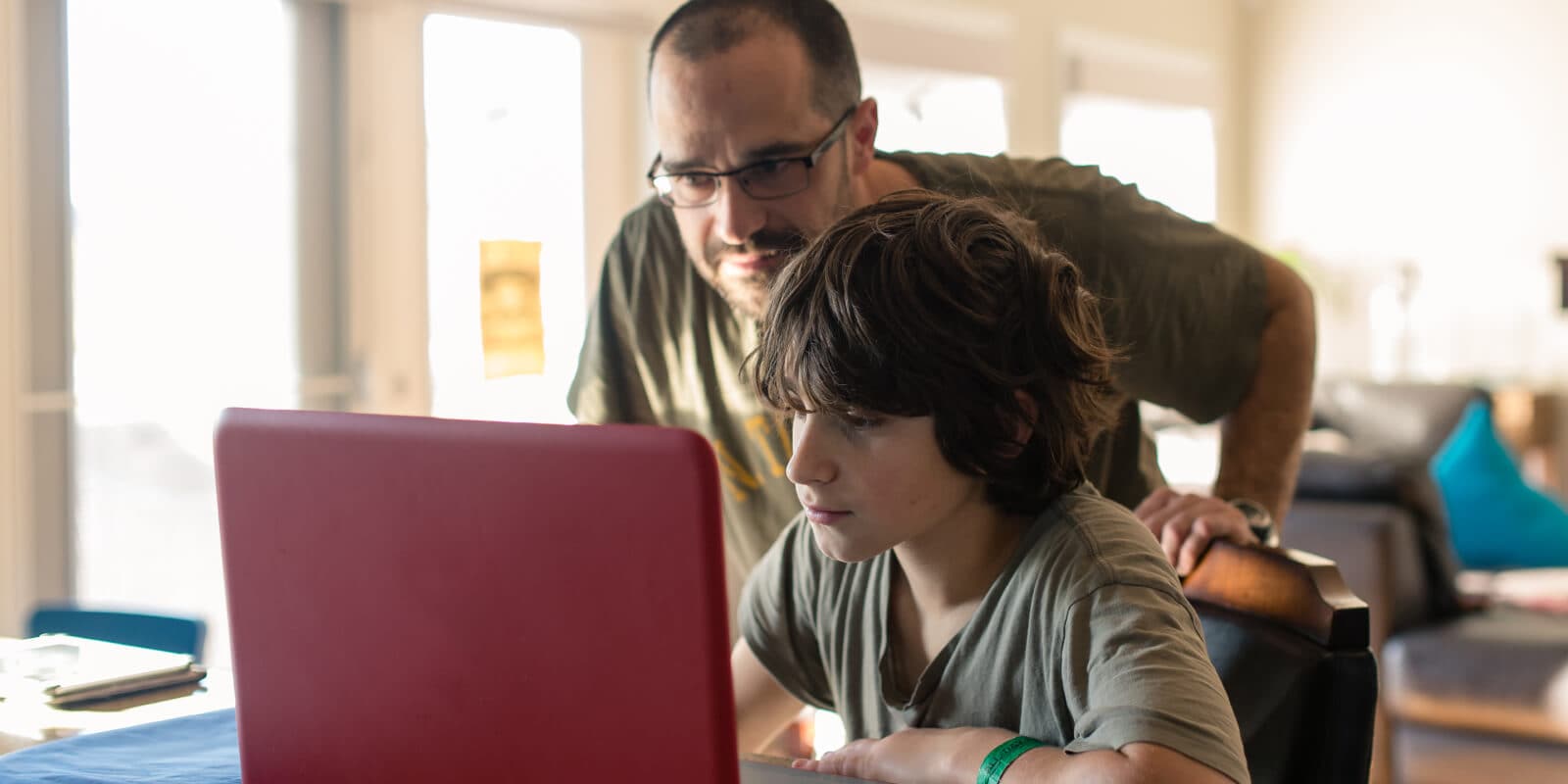Secondary students and parents
We're committed to helping every learner achieve their full potential.
As an awarding body and leading educational publisher, we're working hard to support students with the latest information on exams and provide support to help you feel confident about your educational goals and future steps.
Keep up to date
Keep up to date with the latest news, support and resources for Pearson Edexcel qualifications.


Pearson Revise Online
All your GCSE revision, in one place.
It's GCSE revision designed around students, to help you feel confident and plan your route to success. Discover our eBook revision guides, online flashcards, revision planner and the new Exam Practice Assistant.
All in one place, online.
Careers hub
Whether you’re considering your subject choices at school or college ahead of starting GCSEs, BTECs or A levels, or thinking about your future once you’ve completed them, you’ll find information and advice here to help you make informed choices.

Where can science take you?
Are you aware of the endless future opportunities available in science? We have developed a range of A-Z posters showcasing a diverse range of careers, from botanists to zoologists.

Science support beyond Pearson
There is an endless amount of free online learning resources and platforms, beyond Pearson, that are available for science.

Why languages matter
The ability to speak various languages can widen your personal understanding of different people and their ways of life and give you new skills that are valuable to your personal development and future career opportunities.

Supporting SEND students
We have created a guide for supporting children with special educational needs and disabilities (SEND), with some strategies to help you support your child while learning at home and guidance on using our Rapid Plus reading series for struggling readers.



